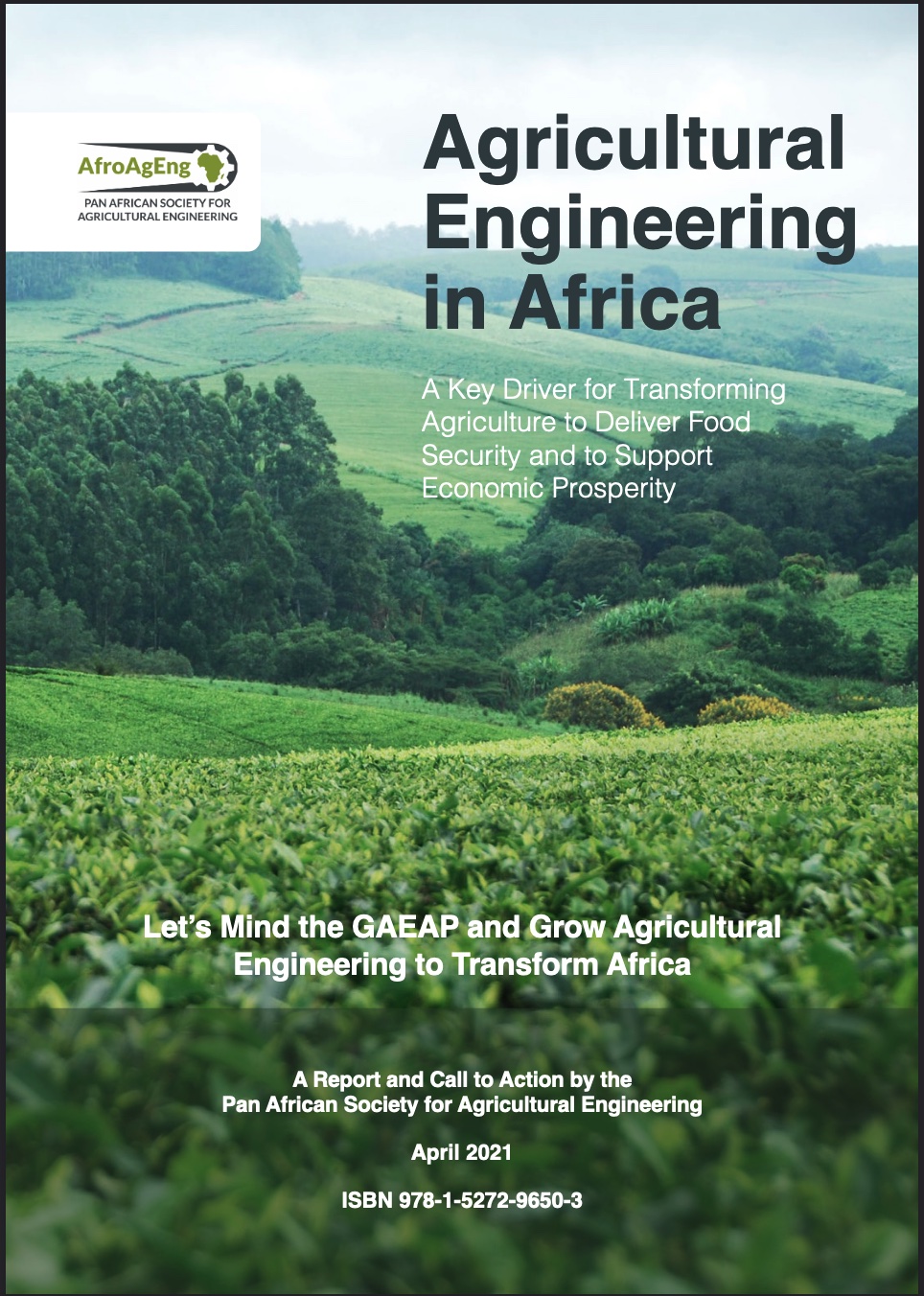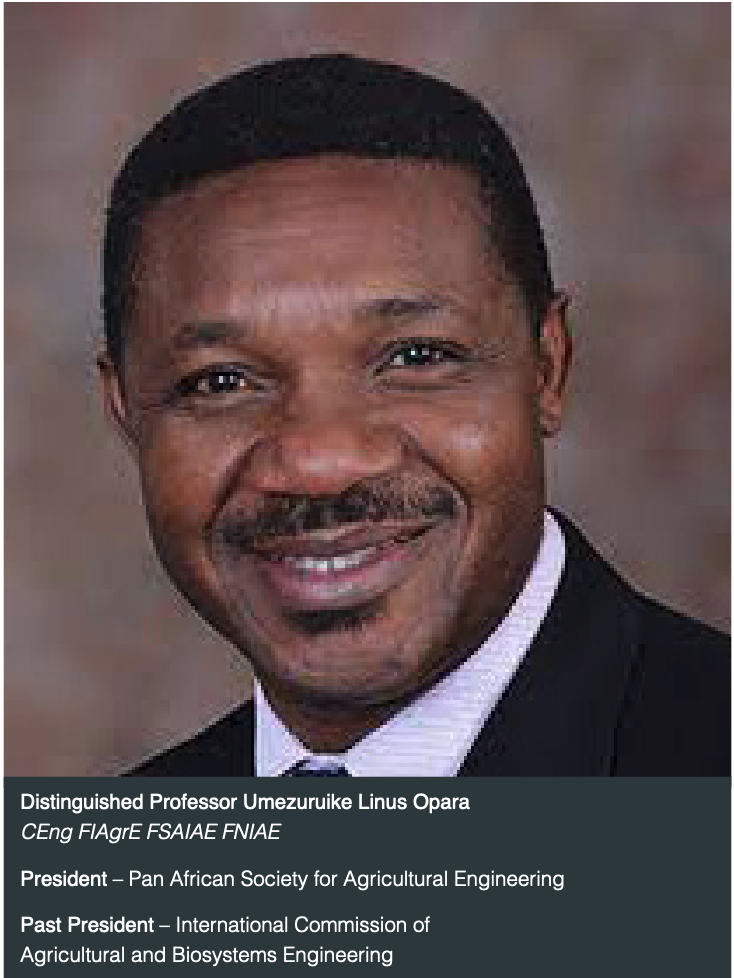
In June 2014 at the African Union Summit in Malabo, Equatorial Guinea, Heads of State and Government adopted an extraordinary set of concrete goals for agriculture to be attained by 2025. The Malabo Declaration on Accelerated Agricultural Growth and Transformation for Shared Prosperity and Improved Livelihoods articulates a new set of goals showing a more targeted approach to achieve the agricultural vision for the continent which is shared prosperity and improved livelihoods for the African Continent. In effect, the Malabo Summit reconfirmed that agriculture should remain high on the development agenda of the African Continent, and that it is a critical policy initiative for Africa’s economic growth and poverty reduction. To achieve its ‘Commitment to Halving Poverty by the year 2025, through Inclusive Agricultural Growth and Transformation’, the leaders agreed on the need to sustain annual agricultural GDP growth of at least 6%, and to create job opportunities for at least 30% of the youth in agricultural value chains. Similarly, while committing to ending hunger in Africa by 2025, African leaders resolved to facilitate, among others, sustainable and reliable production; supply of appropriate knowledge, information, and skills to users; efficient and effective water management systems notably through irrigation; suitable, reliable and affordable mechanization and energy supplies; and to halve the current levels of postharvest losses, by the year 2025. Speaking on the theme of the 2015 “Year of Women’s Empowerment and Development towards Africa’s Agenda 2063”, the then African Union Commission Chairwoman – Dr Nkosazana Dhlamini-Zuma – challenged Africans that despite their critical role, rural African women continue to work the land with archaic working methods such as the handheld hoe! She concluded that African women made this clear when they said: To meet these lofty and ambitious aspirations and commitments of African leaders to transform and modernize African agriculture for inclusive growth and sustainable development, Africa needs Agricultural Engineers and related technical vocations. No other academic discipline and profession is better equipped to lead the mechanisation, digitisation, commercialisation and industrialisation of a knowledge-intensive, profitable and sustainable African agriculture. Africa needs a critical mass of talented young women and men Agricultural Engineers – including their professional bodies, to drive Africa’s Green Revolution. To achieve this, we need to grow the talent pipeline, plug some of the brain drain, and foster brain gain. African agriculture needs the best of our talent and access to the best of global innovative engineering technologies. For far too long, African agriculture has been synonymous with ‘subsistence’ and ‘smallholder’ mindsets; lacking both the speed and intensity of modernisation needed to increase productivity and achieve the much-needed industrialisation and widespread rural development. The necessity to increase the efficiency of sustainable agricultural production systems and to reduce environmental damage assures demand for Agricultural Engineers and other related knowledge workers in African agriculture. The impact of climate change on agri-food systems and increasing new threats such as the COVID-19 pandemic underscores the need for continuing search for new knowledge. Professional societies, such as AfroAgEng – the Pan African Society for Agricultural Engineering (PASAE), have critical roles to play in promoting the development and deployment of modern engineering technologies in agriculture for socio-economicdevelopment, including education, research and thought leadership. The Mission of AfroAgEng is to promote and advance the profession of Agricultural Engineering in Africa. Similar regional professional bodies have shown that it is possible to grow Agricultural Engineering for socio-economic impact. The Indian Society of Agricultural Engineers (ISAE) is credited with spearheading the establishment of agricultural machinery testing centres in India, which is now widely recognised as the precursor to the growth of India’s modern-day successful agricultural machinery manufacturing and export industry. ASABE – the American Society of Agricultural and Biological Engineers, is globally recognised for its pioneering role in transforming rural America through the provision of education, research and extension services supporting infrastructure modernisation such electrification and drainage, and the mechanisation of agriculture. AfroAgEng/PASAE is the apex umbrella network of engineers in African agriculture. AfroAgEng is new and young – it needs to be nurtured, and it needs to grow to serve African agriculture and the world at large. The impressive impact of Agricultural Engineering in Africa in contributing to new knowledge in Africa, and from Africa to the world, was highlighted in a recent study by Beaudry et al. (2018). Among 86 scientific fields with highest contributions from Africa, Agricultural Engineering and Chemical Engineering were the only engineering disciplines which featured, each contributing 3.9% and 3.02%, respectively, of the World Share of scientific publications during the period 2005-2015. Furthermore, a positional analysis of “all the disciplines in the broad field of the agricultural sciences”, shows that two disciplines – Veterinary Sciences and Agricultural Engineering – stand out as having above average impact and strength. These positive impacts of Africa’s Agricultural Engineering need to be translated into real change – transformation and mod- ernisation of Africa’s agri-food systems. A vibrant professional body of Agricultural Engineers in Africa – AfroAgEng – with a critical mass of membership and programmes, is needed to lead, sensitise and mobilise action for quality life-long education, research and innovation, and policy for impact to support the commercialisation of agricultural value-chains and integrated rural development. This Growing Agricultural Engineering in Africa Project (GAEAP) report is an output of a project funded by the UK Royal Acad- emy of Engineering (RAEng) – “Growing Agricultural Engineering in Africa: Supporting the Operations and Implementation of the Strategic Plan for AfroAgEng”. This report highlights the challenges and opportunities in African agriculture, makes a strong case for supporting the professional body of engineers in African agriculture, and charges Africans and our partners to embrace a paradigm shift necessary to realise The Africa We Want. We thank the UK Royal Academy of Engineering (RAEng) for funding and supporting this project. We are indebted to our partners – the South African Institution of Agricultural Engineers (SAIAE), the UK Institution of Agricultural Engineering (IAgrE), Harper Adams University in the UK, and other national professional societies of Agricultural Engineers in Africa – for being part of the mission to highlight the critical role and grow Agricultural Engineering in Africa. I thank my colleagues in the Project Team and PASAE Council, for your dedication, hard work and unparalleled commitment. I invite you to read and widely share this GAEAP report – among your colleagues, students, partners, policy experts, and business partners. Post it on your Social Media networks – Facebook, Twitter handle, Instagram, LinkedIn, and cite it in your publications. It is my hope and prayers that this historic GAEAP report becomes the reference source of information for fresh ideas and motivation to Grow Agricultural Engineering to modernise and truly transform smallholder agriculture to achieve our collective vision of The Africa We Want – “An Integrated, Prosperous and Peaceful Africa, driven by its own citizens and repre- senting a dynamic force in the global arena”.

Distinguished Professor Umezuruike Linus Opara CEng FIAgrE FSAIAE FNIAE
President – Pan African Society for Agricultural Engineering Past President – International Commission of Agricultural and Biosystems Engineering
Source – A Report and Call to Action by the Pan African Society for Agricultural Engineering April 2021 Click to Download


 Next Post
Next Post
Hi, this is a comment.
To get started with moderating, editing, and deleting comments, please visit the Comments screen in the dashboard.
Commenter avatars come from Gravatar.